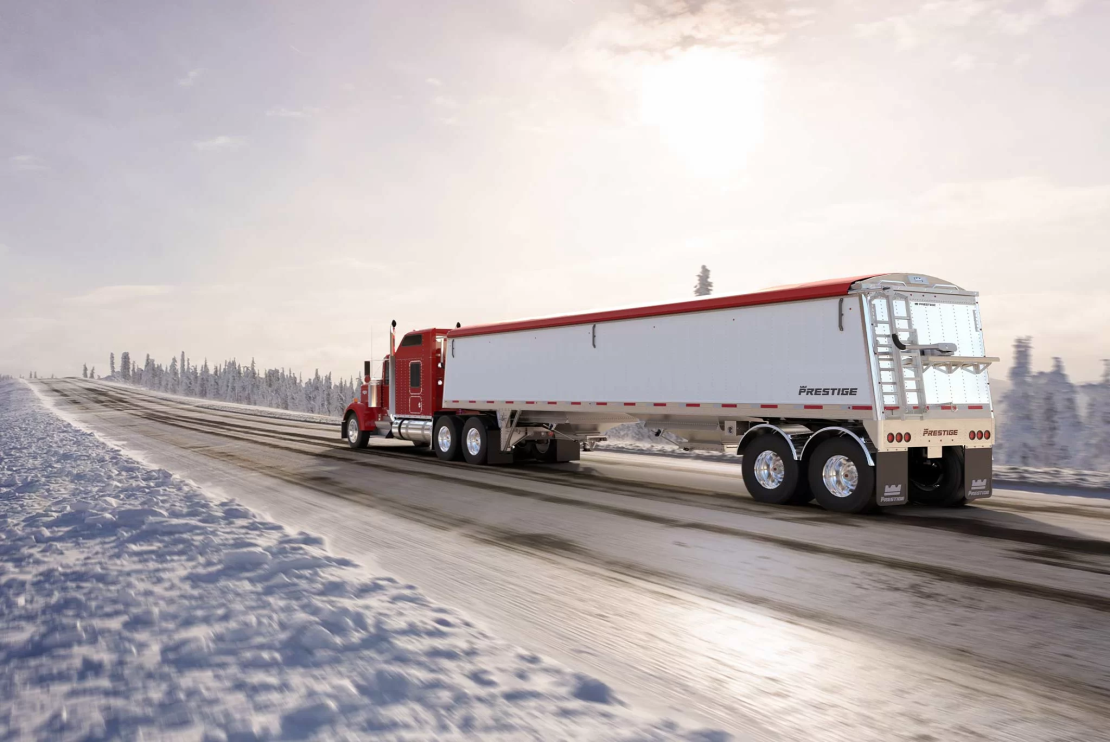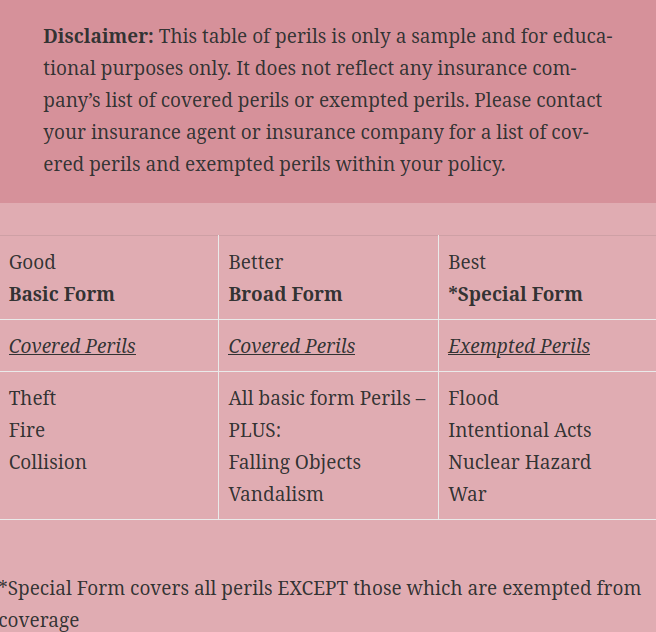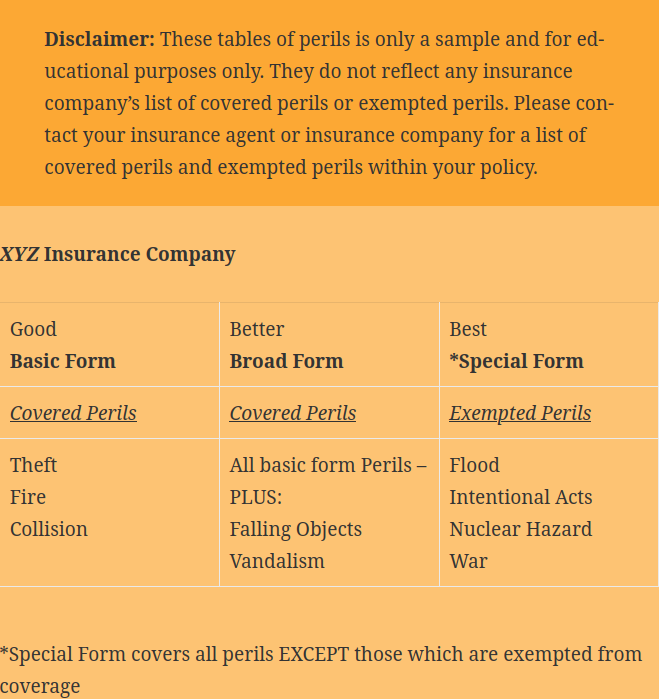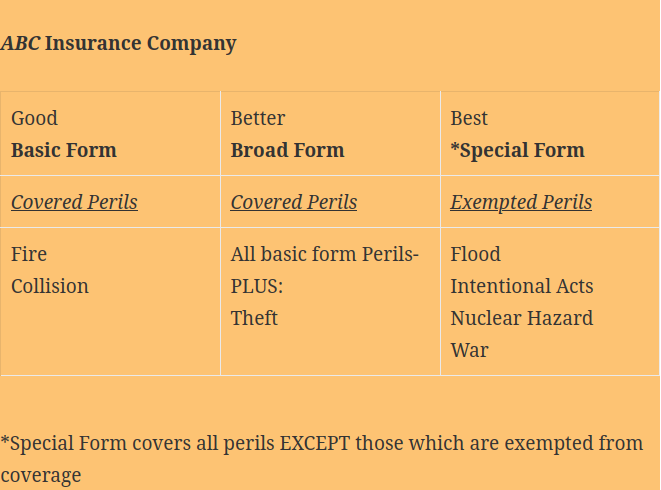
From time to time I, Joel Baker truck driver, have been asked by a customer or a broker if my insurance is from xyz insurance company. When I respond and say: “no, why do you ask?” I typically get a reply that goes something like “our company doesn’t, can’t or isn’t able to do business with any trucking company who has their insurance from xyz insurance company.” Usually what they are politely trying to tell me is that the customer or broker has had a previous bad experience with xyz insurance company in the form of a denied claim. Most of the time it’s a denied cargo claim. Sometimes they will also state something along the lines of “xyz insurance company does not provide broad form cargo coverage.”
So what in the heck is “broad form” cargo coverage and why does it matter? The answer is simple but the details can get us lost in the weeds. To try and keep us from getting lost in those weeds I’m going to stick to the basics.
First of all, when anyone brings up “broad form” cargo coverage they are actually borrowing a term that is most commonly used with Homeowner’s Insurance policies. There are actually 3 forms. Those 3 forms are Basic, Broad and Special. The verbiage used within a policy rarely actually uses these terms. Rather the policy will detail coverage for perils (I’ll explain perils in the next paragraph). What the policy states about the perils determines whether the policy provides Basic, Broad or Special form coverage. The use of the terms Basic, Broad and Special forms is most frequently used between insurance companies, underwriters and agents so they can more easily discuss the policy coverages.
OK, what’s a peril? A peril is the cause of the loss. For example, the scenario in my last article, the loss of my cargo (glass panels) was due to my collision with the dock. So in that scenario the peril for the loss of the cargo was collision.
Now lets look at sample lists. *Important – Each insurance company creates it’s own list of what is and is not a covered peril and what perils are exempted from coverage.

Using the table above, it’s very easy to see why a customer or broker may not be able or willing to accept cargo coverage if the policy provided by an insurance company only provides coverage for a very limited number of perils.
Now this is where the weeds get pretty tall, thick and a bit difficult to navigate. Remember that I mentioned that each insurance company creates it’s own list of what is and is not a covered peril. Sometimes two different insurance companies can have the same list but NOT use the same form verbiage. Lets compare 2 lists of perils for two different and fictitious insurance companies:


Notice that even though ABC insurance company has what it calls “broad form” cargo coverage, the coverage is exactly the same covered perils provided by XYZ insurance company’s “basic form” coverage. So the form title used by an insurance company does not necessarily reflect the coverage that we are seeking or coverage we believe we have purchased.
Now it should be very clear that it is crucial for us as truck owners to ask and be aware of which perils are covered are which perils are not covered by the cargo coverage of our insurance policy no matter what the insurance company has titled it (what form name is being used). Because if we don’t, and we have a cargo loss which is not covered by our insurance policy, we can be sued and held liable in court for the loss of cargo. Being held liable in court means most likely being required to compensate the owner of the cargo for the entire value of the loss.
Because insurance policies are contracts, they are written by attorneys and contain legalese that is hard for most of us to read or make sense of. Insurance companies understand this. So to help, some insurance companies provide some type of a policy or product summary/guide/overview or similar type document for their insureds/customers. Requesting a copy of this document can be the easiest way to find out what perils are covered or exempted within your policy. For the companies that don’t provide such a document, it is best to ask your insurance agent for a list of both covered perils and exempted perils.
